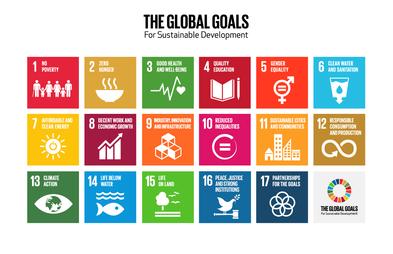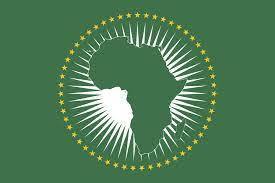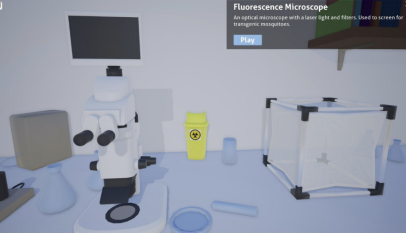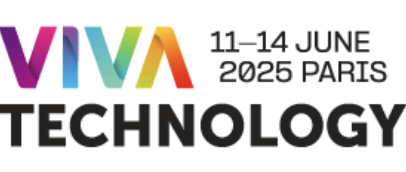Illicit financial flows threaten #SDGs in West Africa
Illicit financial flows in the form of corruption, human trafficking, illegal fishing, commodity smuggling, and trade invoicing errors cost Africa $50 billion per year, more than the continent receives in overall official development assistance and representing a threat to the Sustainable Development Goals, a new report has revealed.

Christin Roby
Launched by the Organization for Economic Co-operation and Development, “The Economy of Illicit Trade in West Africa” highlights 13 focus areas which require an increase in policy dialogue, mutual review, and effective governance, along with a comprehensive response composed of shared responsibilities.
The study explores links between development and illicit financial flows, or IFFs, explaining how poor development conditions expose countries to IFFs and the reciprocal consequences of IFFs in achieving development goals.
“One cannot discuss the SDGs and financing for development, mobilizing the private sector without fixing IFFs and we have to fixed it based on shared responsibility, ensuring that everyone is impacted,” Jorge Moreira da Silva, OECD director of development co-operation told Devex. “This is not just about Africa, but about donors, because if you go country by country there is no surprise that the countries that are doing better in terms of development both based on their own policies and on contributions from donors, are the countries less exposed to IFFs.”
Criminal and illicit economies produce IFFs that undermine many African countries’ ability to finance their development, and IFFs are a potent negative force that contribute to the degradation of livelihoods and ecosystems, undermine institutions, and enable impunity in different ways across the region, the report stated.
Entry points for IFFs in West Africa
Criminal acts are committed by a diverse set of actors: Criminal networks, private sector both locally and internationally, along with government officials. Some criminal and illicit economies in the West Africa region carry low level of stigma within communities and therefore continue without punishment, for example child labor. Other IFFs are increasingly interwoven into the local culture, partially due to the magnitude of the informal economy — which accounts for two-thirds of the total economic activity in the region.
Low levels of financial inclusion further create an enabling environment for criminal economies and IFFs to thrive. Access to formal banking is out of reach for many, and money transfer operators charge fees that some would rather avoid. Informal systems of money transfers places significant volumes of transactions simply out of government reach.
For example, illegal fishing in the Gulf of Guinea has an estimated criminal flow worth $1.2 billion annually, while regional cocaine trafficking represents a $3 billion annual IFF.
“As is the case in the rest of the world, criminal networks in Africa search an environment where they can operate more easily thanks to weaker state institutions, and can acquire legitimacy and support from local communities,” the report explained.
Above all, criminal industries driven by natural resources whose IFFs are invested outside of the region present the most significant net losses, the report noted. In Nigeria, for example, the estimated scale of oil lost to illicit activity averages $3.8 billion per year, and in 2015 this IFF stream alone accounted for 80 percent of all regional illicit financial flows that year.
“Unfortunately there are a number of flows that undermine development conditions in West Africa but you don’t have IFFs unless you have a demand,” da Silva told Devex. “Rather than focusing on one activity/market and name shaming, it’s important to ensure that all of the value chain in commodity trading and investment are under the best practices in terms of transparency,” he continued.
Da Silva urged for improved collaboration and capacity in justice and security and increased international trade.
Providing solutions using a ‘shared responsibility’ approach
Da Silva believes addressing the issue will take joint responsibility of origin, transit, and destination countries to take coordinated policy action to reduce the criminal activity among each country involved.
According to the 2030 Agenda on sustainable development, addressing organized crime and IFFs is the responsibility of development actors. “ODA for Africa has been slightly reducing which is not consistent with the purpose of eradicating poverty and implementing the SDGs,” da Silva told Devex.
This financial support could help countries address criminal economies or address governance conditions that produce or exacerbate them.
Instability concerns and limited state authority often constrain the ability for local governments to effectively address criminal networks. In other instances, strong dependencies on smuggled goods remains a primary source of income for many. Porous borders and regional integration efforts that promote fluid and uncontrolled movement between West African states also make credible border enforcement nearly impossible.
“The world is full of good research and policy analysis, but if we want to boost change, it’s important that we are able to do it in a trustworthy manner by building partnerships, so our goal is to improve our collaboration with our African partners mainly through UNECA [United Nations Economic Commission for Africa], OECD, AfDB [African Development Bank] to help better equip institutions to address these challenges and to provide action in a collaborative way,” da Silva noted.
This article originally appeared on devex.com












